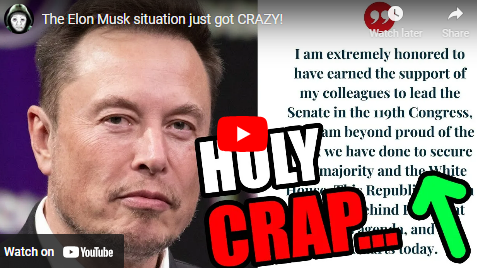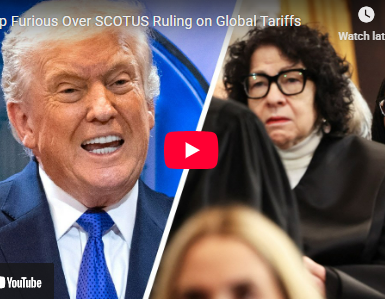Elon Musk’s appointment to lead the Department of Government Efficiency (DOGE) has sparked diverse reactions across the political spectrum.
- Appointment Announcement: President-elect Donald Trump announced that Elon Musk and Vivek Ramaswamy will lead the newly established Department of Government Efficiency, aiming to streamline federal operations. The Sun
- Musk’s Vision: Elon Musk has proposed cutting $2 trillion from the federal budget, focusing on reducing waste and inefficiency within government agencies.
- Operational Structure: DOGE is designed to operate outside the traditional government framework, providing advisory support to the White House and the Office of Management and Budget. Ars Technica
- Ethical Concerns: Critics have raised potential conflicts of interest, given Musk’s leadership of companies like SpaceX and Tesla, which have significant dealings with the federal government. AP News
- Public Engagement: Musk has emphasized transparency, stating that all actions of DOGE will be posted online, inviting public input on government spending.
- Recruitment Strategy: DOGE is seeking “super high-IQ small-government revolutionaries” willing to work 80+ hours per week, with applications accepted exclusively through Musk’s platform, X.
- Compensation Details: Musk and Ramaswamy have stated they will not receive payment for their roles in leading DOGE, highlighting their commitment to public service. Tennessean
- Political Reactions: Supporters view Musk’s appointment as a bold move toward government reform, while opponents express skepticism about the feasibility and potential biases of DOGE’s initiatives.
- Impact on Cryptocurrency: Following the announcement, Dogecoin’s value surged nearly 20%, reflecting market reactions to the acronym DOGE and Musk’s known association with the cryptocurrency. New York Post
- Historical Context: This initiative aligns with Trump’s previous efforts to reduce federal regulations and streamline government operations during his first term.
- Media Coverage: The establishment of DOGE has garnered widespread media attention, with discussions focusing on its potential impact on federal spending and administrative efficiency.
- Public Perception: The public’s response is mixed, with some expressing optimism about innovative leadership in government, while others question the practicality of Musk’s ambitious goals.
- Legislative Hurdles: Significant budget cuts proposed by DOGE would require congressional approval, presenting potential challenges in implementing its recommendations.
- Timeline for Action: The work of DOGE is set to conclude by July 4, 2026, coinciding with the 250th anniversary of the Declaration of Independence, symbolizing a commitment to national renewal.
- Future Implications: The success or failure of DOGE could influence future approaches to government reform and the role of private sector leaders in public administration.



































CLICK HERE FOR COMMENTS